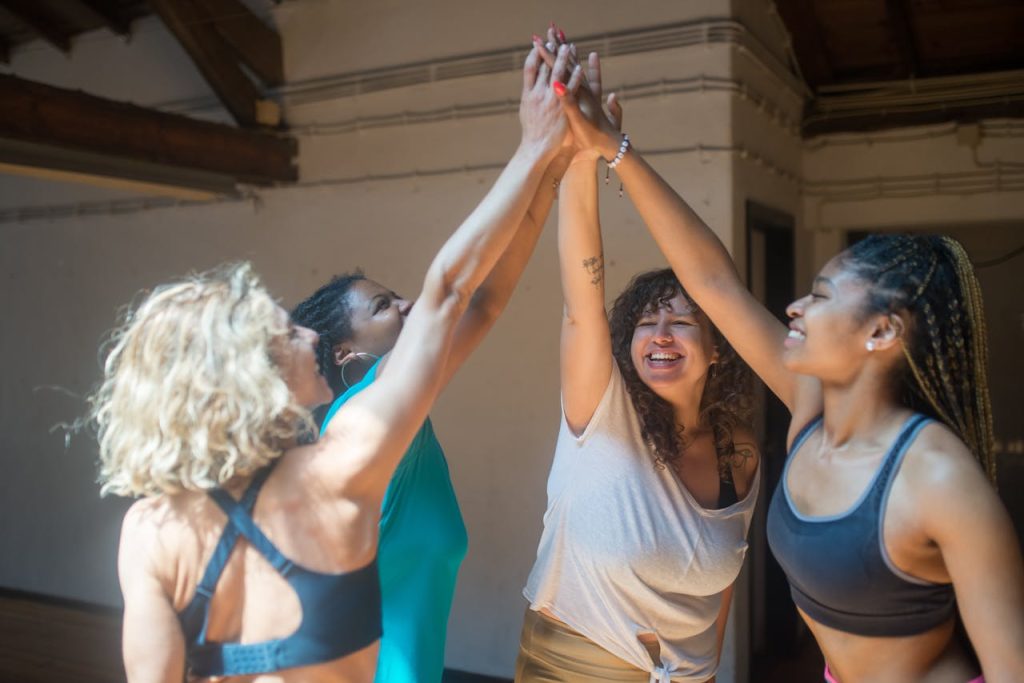Among the most powerful educational practices in contexts of marginalization, narrative holds a central place. Telling one’s story is not merely a communicative act but a cognitive and symbolic process through which individuals assign meaning to their experiences and construct—or reconstruct—their identities. In prison, where biographical rupture is often profound, narrative can become a radical educational gesture: it allows individuals to take distance, redefine themselves, and begin to imagine a self beyond the boundaries of the offense.
In pedagogical terms, narrative should be understood as the intentional act by which the subject gives shape to their experience over time. As Bruner (1990) argues, the human mind organizes experience through narrative structures that frame reality via sequences, conflicts, characters, choices, and consequences. The stories we tell about ourselves are not mere accounts; they are selections, interpretations, and frameworks of meaning—and above all, they are open to change.
Ricoeur (1991) introduces the concept of narrative identity, asserting that personal identity is formed through the integration of events and experiences into a coherent plot. This process is particularly relevant in prison, where identity is often reduced to a single act—the crime—thus denying the complexity and evolution of the person. Narrative education, in this sense, opens up spaces for symbolic resistance: it makes it possible to reengage the multiplicity of possible identities.
Narrative does not only serve a therapeutic or self-reconstruction function; it also has epistemic value. According to Clandinin and Connelly (2000), every educational journey can be read as narrative inquiry—a process in which participants are not merely the object of intervention but active authors of understanding, negotiation, and meaning-making. This means that even within prison, education can become a site of co-narration, where educators and incarcerated individuals together construct new interpretations of lived experience, context, and possibility.
Freire (1970), in his dialogical pedagogical approach, emphasized the word as the fundamental tool of liberation: to “name the world” is to exercise critical power over it. Thus, the act of storytelling is never neutral: it involves positioning, responsibility, but also the possibility of reconstruction. Giving oneself the space to speak—in an environment that often silences—is an educational act that restores humanity and agency.
From a methodological standpoint, narrative can be fostered through various practices: autobiography, journaling, creative writing, oral testimony, and experiential theatre. When mediated with care, these tools activate metacognitive, emotional, and relational dynamics. The individual not only reflects on what has happened but reworks it into a form that allows for meaning-making. This process is most effective when it occurs within an educational environment that values personal experience as a starting point, not an obstacle.
Furthermore, narrative creates connection. Sharing one’s story in a learning setting—with educators, peers, or tutors—also means learning to listen to the stories of others, to recognize oneself in them, and to develop empathy and a sense of belonging. In prison, a setting often characterized by relationships of distrust or competition, shared storytelling becomes an alternative relational space.
Finally, narrative has a projective dimension: it does not only concern the past but opens toward the future. To tell one’s story is also to imagine what one might become, to anticipate possibilities, to construct new scenarios. Narrative education does not erase the past but integrates it into a broader process of re-signification. For this reason, it can be considered one of the most effective strategies in re-educational pathways grounded in awareness, responsibility, and transformation.
References
- Bruner, J. (1990). Acts of Meaning. Harvard University Press.
- Clandinin, D. J., & Connelly, F. M. (2000). Narrative Inquiry: Experience and Story in Qualitative Research. Jossey-Bass.
- Freire, P. (1970). Pedagogy of the Oppressed. Herder and Herder.
- Ricoeur, P. (1991). Oneself as Another. University of Chicago Press.
Authored by: SKILL UP








